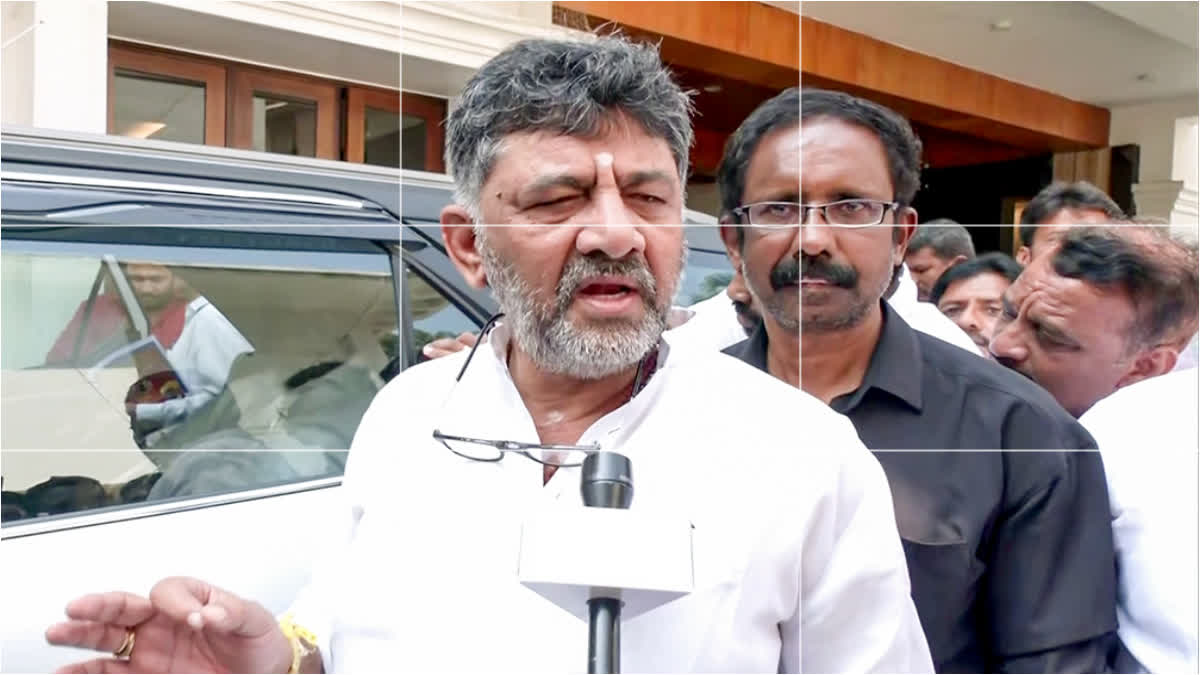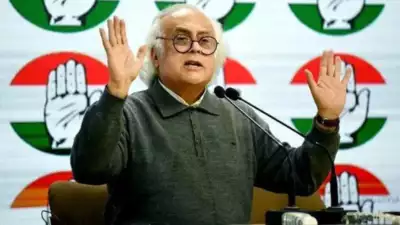MUMBAI: While talk of a paradigm shift in politics often sounds cliché, the role of young interns in campaign backrooms is emblematic of just that. These graduates, though not visible at rallies or on TV screens, are instrumental players hired in significant numbers by consulting firms specializing in communication and public relations, deeply entrenched in the political sphere.
Before 2014, political strategies were often crafted through trial and error, relying heavily on public opinion. However, this approach has become outdated. Following the BJP’s victory in 2014, politicians recognized the necessity for professionals capable of gathering and analyzing data for strategic purposes, as noted by an employee of a top consulting firm.
Months preceding an election, political consulting firms dispatch teams to engage with voters, gathering insights on issues ranging from economic concerns to social welfare benefits. This firsthand understanding of grassroots sentiment informs campaign strategies, while firms also provide ancillary support in media management, logistics, and research and data analysis.
An employee at A Nation with NaMo (NwN) revealed that teams are categorized into campaign war rooms (CWRs), political war rooms (PWRs), and governance, policy, and intelligence (GPI) units. CWRs interface directly with clients, devising campaign strategies, while GPI focuses on data analysis and manifesto preparation. PWRs, comprising field workers, constitute the largest group, tasked with collecting on-ground data.
Given the scale of operations, recruitment is substantial, predominantly comprising fresh graduates from various disciplines such as business schools, law schools, and engineering institutes. While most hires are on a contractual basis, some are enrolled in a Graduate Impact Leadership Programme (GILP), offering extensive training and long-term prospects.
However, many graduates opt for short-term contracts due to the allure of competitive salaries, with consulting firms offering packages exceeding industry averages. Despite the demanding nature of the job, heightened interest among students can be attributed to limited opportunities in other sectors.
Youthful vigor is prized in this industry for its efficiency and adaptability, with many hires sourced through campus placements. Moreover, a younger workforce tends to be less politically biased, facilitating smoother transitions between clients and roles.
For candidates, the appeal lies not only in lucrative pay but also in the opportunity to effect tangible change. Nonetheless, the demanding work culture often leads to short tenures, characterized by long hours and relentless deadlines.
In summary, the influx of young talent into political consulting firms marks a significant shift in campaign dynamics, emphasizing data-driven strategies and youth-driven initiatives. Despite the challenges, these graduates are driven by the prospect of making a meaningful impact in the political landscape.




